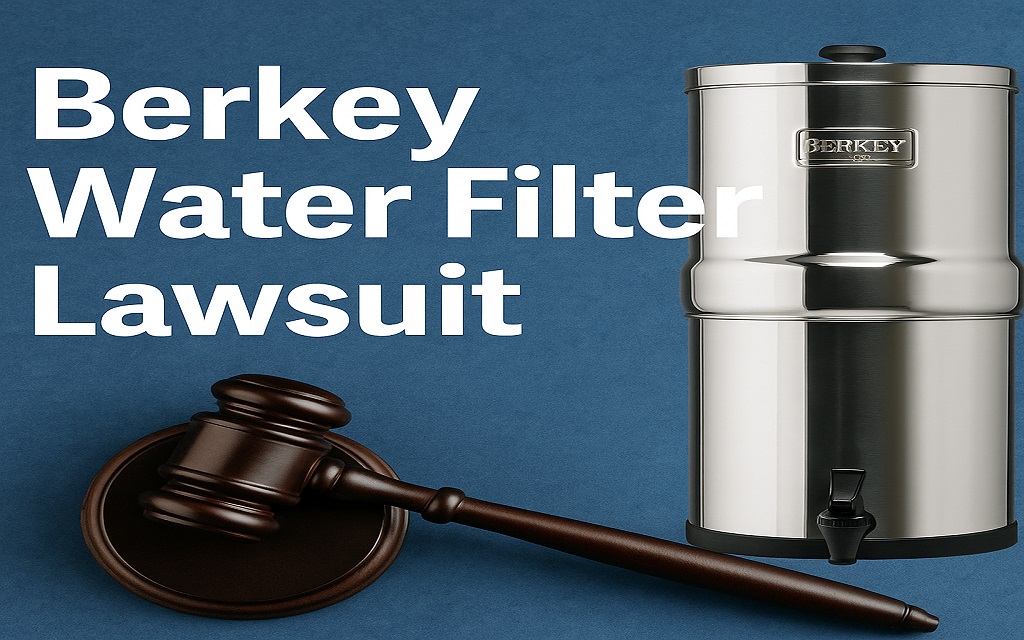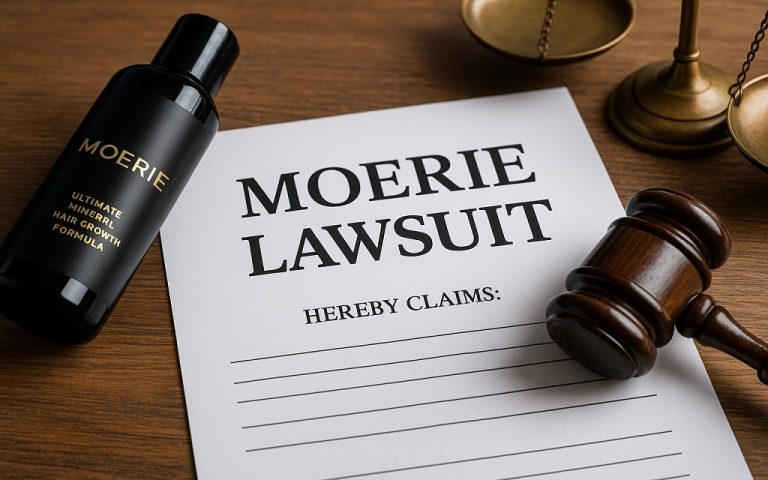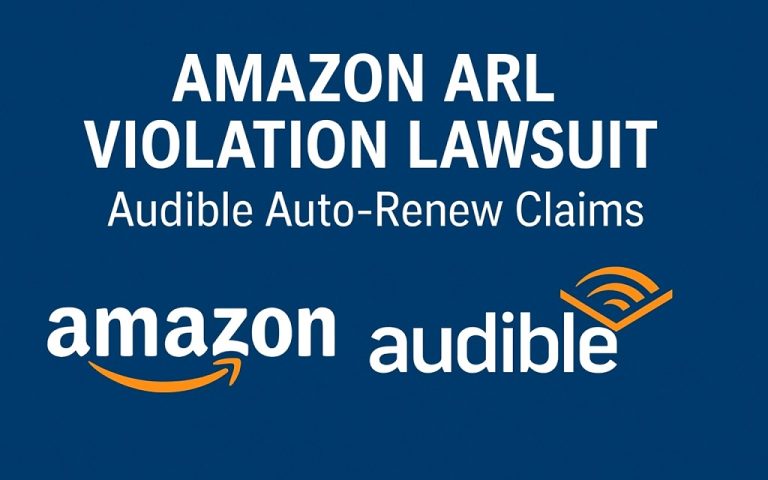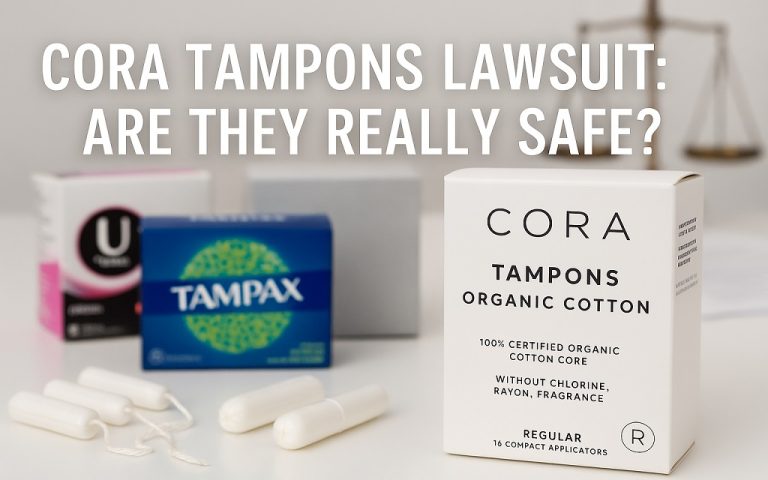The Berkey water filter lawsuit has sparked significant concerns about consumer safety, government oversight, and the classification of products. At the center of the issue is the EPA’s decision to label Berkey filters as “pesticide devices.” This triggered a wave of legal and business fallout. This article examines the case, its legal implications, and its impact on both manufacturers and consumers.
Overview: What Are Berkey Water Filters?
Berkey water filters are gravity-based purifiers designed to remove heavy metals, bacteria, viruses, and other harmful contaminants. Known for their long-term usability and eco-friendly design, Berkey systems appeal to preppers, off-grid households, and outdoor enthusiasts.
These filters utilize activated carbon elements to purify drinking water—no electricity is required. Users praise the brand for its portability, thorough filtration, and user-friendly design.
The Legal Trigger: EPA’s Classification
The controversy began when the Environmental Protection Agency (EPA) classified Berkey water filters as pesticide devices. This decision was based on the product’s claims to eliminate biological contaminants—claims that align with the EPA’s definition of a pesticidal function.
According to the agency, these filters fall under the Federal Insecticide, Fungicide, and Rodenticide Act (FIFRA) because they claim to kill germs and viruses. Under FIFRA, any product that destroys or repels pests, including microorganisms, must be registered or face penalties.
Why Did the EPA Take Action Against Berkey?
The EPA stated that Berkey filters qualify as pesticide devices. You should be aware that federal pesticide device laws must be followed by any product that claims to eradicate germs or viruses. The Federal Insecticide, Fungicide, and Rodenticide Act governs this regulation.
According to EPA officials, Berkey products are required to be registered. Non-compliance could lead to penalties. As a result, the market responded quickly. Sellers paused product listings. Some retailers stopped stocking Berkey products. Online platforms, including Amazon, removed Berkey filters entirely.
What Did Berkey Do in Response to the EPA’s Actions?
In response, Berkey’s parent company, New Millennium Concepts Ltd. (NMCL), filed a lawsuit against the EPA. NMCL argues that water filters are not pesticide devices and should not be regulated under FIFRA. You can see that the company wants to reverse the EPA’s classification. It claims that the filters do not fit the legal definition of pesticide devices.
The lawsuit claims that the EPA’s sudden enforcement disrupted decades of lawful business practices. NMCL asserts that the classification harms both business operations and consumer access to clean water.
Legal Grounds in the Berkey Water Filter Lawsuit
NMCL’s legal arguments center on administrative overreach, the misapplication of regulatory definitions, and the resulting harm to commerce. The legal argument highlights three core issues:
- Violation of Due Process: NMCL claims the EPA’s sudden enforcement violates constitutional protections.
- Regulatory Overreach: The lawsuit argues that the EPA exceeded its authority by reclassifying a filtration product.
- Commerce Disruption: NMCL claims the ruling forces retailers and distributors to halt sales, impacting income and supply chains.
It is crucial to recognize that Berkey has sold filters for years without regulatory problems. The sudden shift disrupted supply chains and created confusion among sellers.
Effects on Distributors and Retailers
In response, a large number of shops removed Berkey items from their inventory. Due to the legal uncertainty and potential risks, online retailers like Amazon have removed listings. Operating interruptions were experienced by smaller distributors, many of whom rely on Berkey goods for a significant portion of their revenue.
Supply chains were affected by this legal ambiguity, resulting in misunderstandings regarding enforcement and compliance. Retailers are currently torn between brand loyalty and government regulation.
Consumer Concerns and Safety Issues
Customers are now wondering if Berkey water filters are safe to use following the lawsuit.
Currently, there is no evidence to suggest that Berkey filters are hazardous. Classification and compliance, not product failure or health hazards, are at the heart of the debate. Nonetheless, the ongoing legal dispute has brought attention to the disparities in regulations governing different filtering products.
Concerns about warranty assistance, replacement parts, and accessory availability are also plaguing consumers. Some have reported difficulties reaching customer support amid the lawsuit.
Wider Consequences for the Water Filtration Industry
This action may establish a precedent for how the EPA regulates other water filtration devices. Numerous brands that make claims of microbial filtration may come under similar scrutiny if the court rules in favour of the EPA.
Manufacturers may need to reduce their claims on pathogen removal, obtain EPA approval, or modify their marketing wording. This could reshape product development, advertising standards, and consumer trust.
Regulatory Framework and FIFRA Explained
It is essential to comprehend the legal system. The sale, distribution, and use of pesticide products are regulated by the Federal Insecticide, Fungicide, and Rodenticide Act (FIFRA). Any product that claims to eradicate, control, or mitigate a pest is considered a pesticide under FIFRA. This includes microbial pests.
If a device indirectly controls pests (e.g., traps, filters, emitters), it may be classified as a pesticide device. Such classification brings registration, labeling, and reporting requirements.
Berkey’s claimed capacity to eradicate germs and viruses seems to be the basis for its FIFRA designation, which is consistent with the EPA’s regulatory jurisdiction.
EPA rules require that such products undergo registration. Devices must carry proper labeling. Companies must also report product performance and risks.
Because Berkey filters claim to eliminate microbes, the EPA acted. The agency applied its regulatory powers and enforced penalties for non-compliance.
What Do Industry Experts Say About the Lawsuit?
NMCL’s CEO criticized the EPA. NMCL CEO James Shepherd issued a statement calling the EPA’s actions “arbitrary and harmful to public access to clean water.” The EPA, in turn, stated that consumer safety and regulatory compliance are of paramount importance.
Consumer advocacy groups have taken mixed positions. Some defend the EPA’s role in ensuring safety standards, while others argue that overregulation stifles innovation.
What Could Happen Next in the Lawsuit?
There are several potential outcomes:
- NMCL Wins: The court may side with Berkey, ruling that the EPA misapplied its authority. This could lead to the deregulation of similar filters.
- EPA Wins: The court may uphold the classification, requiring Berkey and similar brands to register and comply.
- Settlement or Policy Shift: The parties may settle, or Congress could intervene with clarifying legislation.
Each outcome has wide-ranging effects on the filtration industry, consumer access, and regulatory precedent. Every possible outcome affects more than Berkey. The entire water filter industry could change. Other companies may face new scrutiny or legal risk.
Consumer Alternatives and Market Shifts
As uncertainty around Berkey products persists, consumers are exploring alternative water filtration systems. Brands that offer NSF-certified filters or EPA-registered devices are seeing increased demand.
Consumers now prioritize:
- Proven compliance with regulations
- Transparency in microbial claims
- Accessibility to replacement parts and support
Brands that can adapt to evolving regulatory requirements will likely gain market share.
How Could This Lawsuit Shape Future Regulations?
You may see stricter advertising rules. Claims about microbial removal could trigger a review. Brands may shift marketing to avoid EPA oversight.
Manufacturers might now face:
- Pressure to register with the EPA
- Risk of lawsuits over microbial claims
- Pushback from retailers over liability exposure
If the court supports EPA’s view, it will redefine legal duties in the filtration market. The shift will shape future filter design, testing, and sales practices.
Why Does the Berkey Water Filter Lawsuit Matter to You?
You rely on clean water. Laws that limit product access affect your choices. You should stay informed. Regulatory decisions impact what filters you can buy, how you can use them, and how safe you feel using them.
According to statistics from the National Science Foundation (NSF), over 45 million Americans use home water filters. The lawsuit adds pressure to the market. You deserve transparency from manufacturers. You expect compliance from sellers.
Conclusion
The Berkey water filter lawsuit highlights the complex intersection of health, regulation, and product marketing. As legal proceedings unfold, the outcome will shape the future of home water filtration. For now, consumers should stay informed, evaluate alternatives, and monitor updates.
You should follow updates from court records and trusted news outlets. You can also contact Berkey’s support for information on filter availability. If you plan to purchase new filters, it is essential to carefully read product certifications and claims.
Must Read: LOL Dolls Lawsuit: Hidden Messages, Parent Concerns, and Legal Action
FAQs
Are Berkey water filters safe to drink from?
Yes. There are no known health issues with the filters. The dispute is a legal matter, not a health-related issue.
What happens if Berkey loses the lawsuit?
They may need to register with the EPA, change product marketing, or face limited sales options.
Are other water filters at risk as well?
Yes. If the EPA wins, other brands making similar claims could face scrutiny and regulation.
Can you legally use a Berkey filter now?
Yes. There are no current bans. You can still use existing filters.
Why did the EPA target Berkey filters?
The EPA said Berkey filters eliminate microbes. That makes them pesticide devices under federal law.
Are the filters unsafe for health?
No. There are no reports of failure or harm.
Could more filters face the same problem?
Yes. Any brand making microbial claims could draw legal attention.
Should you switch to a different filter?
You may consider alternatives that meet EPA or NSF standards for certification. Check product claims before buying.
Disclaimer: This article provides a general overview of the Berkey Water Filter Lawsuit and based on publicly available information and is intended for informational purposes only.. It is not legal advice. It does not constitute legal advice.
Musarat Bano is a content writer for JudicialOcean.com who covers lawsuits, legal news, and general legal topics. Her work focuses on research-based, informational content developed from publicly available sources and is intended to support public awareness. She does not provide legal advice or professional legal services.




